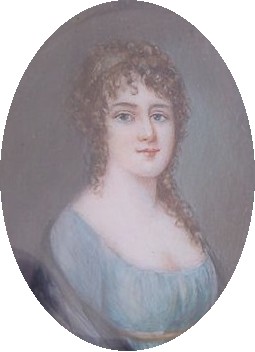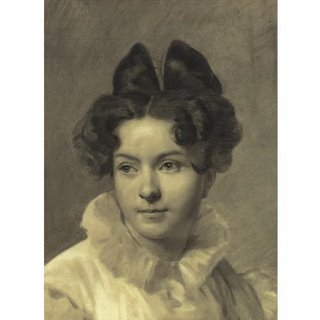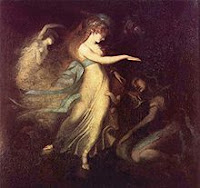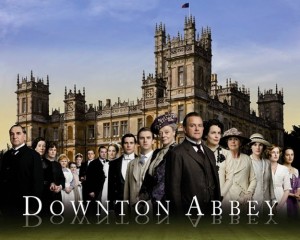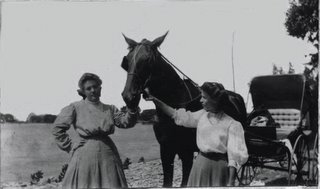 The Merchant Sisters circa 1903
The Merchant Sisters circa 1903
I’ve been having some crazy days lately. I’ve been in this deep reflection stage, pondering the meaning of my life (here is a great opening for Monty Python fans) and imagining that I have made progress.
Reflection is a unique ability of man. I sometimes think it is somewhat of a lost art. Perhaps I am wrong? I’d like to think so…but with the advent of so many “sit there and be done to” mediums, it seems that solitude is less often experienced these days, and solitude is a necessary prerequisite.
I am sitting in front of a computer screen right now, even though at the moment I am talking to myself. But in seconds I could be anywhere in the electronic world, shopping, checking the weather in Burma, perusing my email, looking for a chat room (although I am not a chatter, I could look for a chat room). It is incredibly easy to do these things.
If I want to stand up and go to where I last left my remote control, supposing I can find it (if not, I will experience some unpredicted exercise) I can flick on the boob tube. There are even more boobs on it these days (of any sort you want to consider), and if soaps aren’t your cuppa there are all of those “reality” shows–most of which don’t seem the least bit real to me, but nonetheless. Of course, if one does not want these, or the news, there are movies–some exceptionally good–and “how-to” programs, a favorite of mine, because I can imagine doing something I don’t, can’t, or won’t.
The radio is fairly innocuous these days. I usually tune into my local public radio that serves up NPR and PRI and the like. They actually do foster some thought on my part, rather like reading a good book–but it didn’t used to be there. No, just a few short generations ago, one had to occupy oneself with engaging directly with another person, by viewing a live presentation, or by reading or writing or involving oneself with one’s hobby.
My grandmothers sewed, read, played cards, wrote letters or poetry, took walks or buggy rides. They took walks, took the train, or went boating with their sweethearts/husbands. They made picnic lunches and made them exquisitely–they packed lemonade, cake and homemade pickles, homemade bread and jam, sliced meats, chicken legs, cloth napkins and a wool blanket or a woven tablecloth to lay out, and all was placed in a willow basket. In the evening they played the piano, sung, and read their favorite ladies’ magazine.
I get nostalgic thinking of this world I only lived in, peripherally, as a child. I of course did not experience the horses–tractors and cars and trucks had arrived by the time I arrived in the world–but I listened to the stories and saw the photographs. And when I grew older and was more interested in listening to my transistor radio off in a corner by myself, these experiences were still part of me. They are to this day, as I remember them.
I’d like to thank my grandparents and other grand-relatives for this gift of the past, and I do wish I could somehow bring it back, at least in a small way. And that, I think, is why I write–and why my mother wrote, and why my grandmother wrote.
It is a gift of reflection, and a gift of bringing back to life things we love.
All the best in your life,
Laurie

